Climate Impact Partners
Gyapa stoves project in Ghana
Nearly 3 billion people in the developing world cook food and heat their homes with traditional cookstoves or open fires. The World Bank estimates that 4 million premature deaths occur every year as a result. In Ghana more than 80% of the population use solid fuels for cooking. This project introduces the Gyapa to families in Ghana. An efficient cookstove, the Gyapa cooks food more quickly, requires 46% less fuel and is less smoky, meaning it not only cuts carbon emissions, but reduces exposure to toxic fumes. Cutting fuel requirements saves families as much as $100 dollars annually, at the same time protecting Ghana’s dwindling forests.

Electric rail systems in Delhi
Under the Clean Development Mechanism (CDM) methodology for mass rapid transit projects, carbon finance supported Metro Delhi in installing over 100 kilometres of state-of-the art electric rail systems with new trains. The project is entirely rail-based and only uses electricity. Emission reductions are achieved through reducing GHG (greenhouse gas) emissions per passenger-kilometre, compared to conventional modes of transport. Reducing transportation emissions is crucial as India has the highest death toll per year from air pollution.

Bondhu Chula cookstoves in Bangladesh
Less than 20% of the 35 million Bangladeshi households have access to clean cooking . Traditionally, cooking is done over an open firepit, releasing smoke and particulate pollutants. These pollutants contribute to 49,000 premature deaths a year and causes millions in the country to suffer from respiratory diseases, asthma, cardiovascular diseases and eye and skin infections. Women and children are particularly affected, due to their role in food preparation. The Bangladesh Bondhu Foundation is changing this through its Bondhu Chula, which loosely translates as the ‘friendly stove’. The combustion chamber is designed to ensure a more efficient burn reducing fuel use and the chimney takes the harmful pollutants out of the house.

